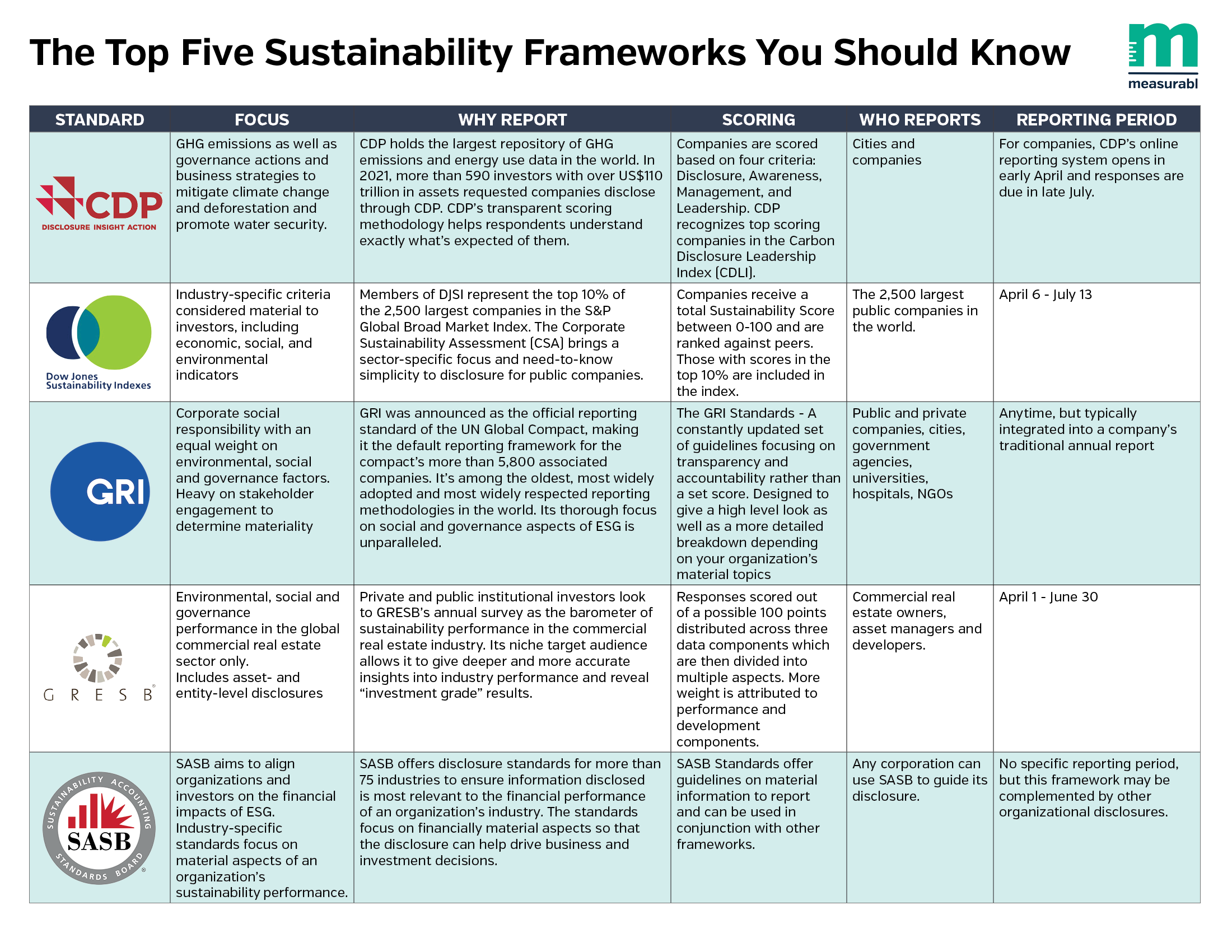
ESG Data Management: Fueling Reporting with the Right Data
Ma-Keba Frye | October 29, 2021 | Energy & Sustainability
Environmental, social, and governance (ESG) programs continue to take on a greater significance in the business world. Climate change, COVID-19, and several other unpredictable factors impact the business climate, making ESG and sustainability programs vital to creating long-term value and resiliency. When it comes to honing in on the “E” in ESG, now more than ever, it’s essential to focus on adequate ESG data management that effectively measures, tracks, and reports on the progress made towards renewable energy usage, decarbonization, and sustainability.
What are investors looking for?
Investors are urging companies to come clean on their ESG performance. They’re looking beyond business opportunities that have the potential to yield significant financial returns and are more interested in investing in companies with sustainable practices that positively impact the environment and people. Investors now realize that business continuity and longevity may be in jeopardy if companies don’t address climate change. Additionally, companies with a plan are more likely to be prepared as the world experiences changes in weather patterns and other extreme events.
70% of investors believe that companies are responsible for demonstrating ESG performance to investors.
Transparency in ESG disclosures gives investors the valuable insight they need and an additional layer of granularity into a company’s social and environmental impacts. This reporting helps investors make informed decisions regarding long-term risks and returns. According to a 2021 Workiva Inc. survey, 70 percent of investors who responded believe that companies are responsible for demonstrating ESG performance to investors. Additionally, for 43 percent of respondents, data is king. They noted that they’re more likely to trust ESG performance when provided with numbers and data over qualitative descriptions alone.
ESG frameworks
There are several frameworks to choose from in ESG. You decide to implement the one(s) depending on your organization’s needs and what stakeholders would like to see. Selecting a specific framework helps guide the reporting process by setting the standard for looking for, measuring, and communicating. When deciding which framework is best for you, consider the reason for your organization’s need to report, what needs to be reported, and who will be receiving the information.

Challenges to overcome
ESG reporting isn’t without its challenges and can be a daunting task. A survey found that data capture and accuracy are the biggest obstacles in ESG reporting. When collecting data related to your organization’s energy and sustainability efforts, you can expect to be inundated with multiple data points from various sources. In regards to data capture, not all systems speak the same language.
Language barriers, in addition to disparate sources and numerous data entry methods, can lead to inconsistencies in quality. These errors negatively impact accuracy, and collecting data from several entities in varying units to be used in systems that may or may not work together could lead to an overall inefficient process. Implementing proper ESG data management standards is necessary to overcome these challenges and ensure reliable data collection and reporting for supporting frameworks. With all that in place, you’ll be able to calculate energy and emissions activity more accurately.
LEARN HOW TO MODERNIZE YOUR ENERGY DATA COLLECTION PROCESS >
Ensuring proper ESG data management
The need for consistent, high-quality, and reliable data remains as organizations focus on their decarbonization and sustainability goals. From ensuring that systems and processes can speak the same language to collecting and organizing data to support effective and efficient reporting, ESG data management best practices are essential for improving data accuracy, speed, and quality.
Urjanet’s Utility Data Platform automatically retrieves, standardizes, and delivers businesses’ utility data, enabling accurate measurement of their carbon footprint and KPIs towards sustainability goals. By having a trusted data source at your fingertips, you can satisfy the data needs for a wide range of ESG frameworks. To learn more about how you can ensure data quality for ESG reporting, contact us today.
YOU MIGHT ALSO BE INTERESTED IN:
- How Companies Can Strengthen Their Commitment to ESG
- How to Begin Your Company’s ESG Reporting Journey
- Gaining Sustainability Buy-In with Utility Data
If you like what you’re reading, why not subscribe?
About Ma-Keba Frye
Ma-Keba Frye is a Content Marketing Associate at Urjanet, assisting with content development and execution. When she's not writing, she enjoys reading, listening to music, and volunteering.
You May Also Like
Support Business Continuity by Embracing ESG
Honor Donnie | March 18, 2022 | Energy & Sustainability
